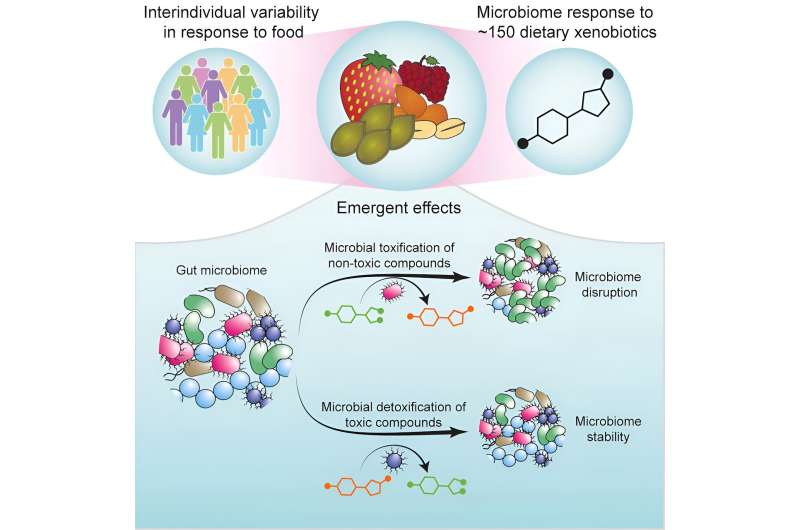Gut health is a growing concern, with trillions of microbes and bacteria in our gut implicated in various aspects of health and disease. Researchers at the Yale Microbial Sciences Institute have taken a significant step towards personalized nutrition by generating the first systematic map to show how molecules in certain foods interact with our unique gut bacteria. This groundbreaking research could revolutionize the way we approach dietary choices and manage risk factors for diseases like diabetes and cancer.

Decoding the Gut Microbiome
Our gut is also host to a richly diverse and complex set of microbes, which we collectively know as the gut microbiome. Harboring trillions of bacteria, fungi, and viruses, these microbes provide a wide range of health benefits from digestion and immune functionality to mental health and risk for disease.
The researchers at the Yale Microbial Sciences Institute have dived head-first into researching how the compounds found in our food interact with these gut microbes, and their investigative work is ground-breaking. The team has systematically mapped the connections between small-molecules that are components of food and genes within specific microbes capable of metabolizing them to show why some people respond differently than others to given dietary compounds.
Gut health without personalized nutrition?
Recognising the individualised response of gut microbiomes to different diet compounds was one of the most unexpected findings of this research. The same molecule could do a lot of damage on the gut microbial community in some people and very little in others.
The findings make the case that dietary guidelines may need more individualized consideration based on gut makeup, researchers said. With this new knowledge of the exact microbial genes that dictate how a microbiome reacts to a given food molecule, the researchers say they can begin to link diet, gut health and diseases such as diabetes, cancer and gastrointestinal infections.
On the Way to Personalized Dietary Advice
The molecular map of metabolite-protein connections forged by the Yale researchers is vital as a starting point for soon-to-come tailored nutritional strategies. The complexity of dietary compounds, the gut microbiome and individual metabolic responses on a global scale may be minimized if healthcare providers and dietitians better understand the global picture to deliver more personalized diets.
This work represents an important move towards a time when we will be able to offer individualized advice based on our gut microbiome for our dietary intake. For example, the scientists conclude, “If we can find the exact microbial genes that allow a microbiome to react to a molecule in our food, and how these genes differ among individuals’ gut communities, associations with diseases such as cancer, diabetes or GI infections might begin to make sense.” This is a promising possibility that may revolutionize the methodology with which we address health in both ourselves and our communities.
